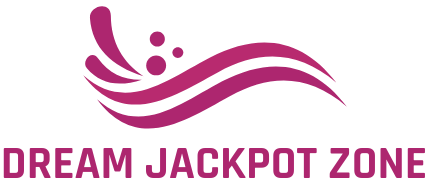The Role of Public Opinion in Changing the Odds Rate
In the world of sports betting and political forecasting, odds are more than just numbers—they are reflections of real-time perceptions Tỷ lệ kèo, probabilities, and risks. While bookmakers use complex models and insider knowledge to set initial odds, one of the most overlooked and powerful factors that can shift these odds is public opinion.
Understanding Odds and How They Work
Odds represent the likelihood of a particular outcome. In betting, they are used to determine how much a bettor stands to win if their prediction is correct. Bookmakers begin with initial odds based on data analysis, past performance, injuries, and other tangible factors. But once the odds are released to the public, they are subject to change—sometimes dramatically.
Why? Because bookmakers aim not just to predict outcomes accurately, but to balance their books. That means encouraging betting on both sides of an outcome to minimize their own risk. This is where public opinion starts to play a major role.
How Public Sentiment Influences Odds
When a large number of people start betting heavily on one side—say, a favored football team or a popular political candidate—bookmakers will adjust the odds to make the less popular side more attractive. This doesn’t mean the actual likelihood of the favored side winning has changed, but that the weight of public betting is pushing the odds in a new direction.
Public opinion often surges due to media narratives, social media trends, influential endorsements, or even viral moments. For instance, if a presidential candidate delivers a particularly strong debate performance, the public might see them as more likely to win—even if professional analysts see no change in their actual chances. As bets roll in on that candidate, bookmakers react by shortening their odds.
The Feedback Loop Between Odds and Perception
Interestingly, odds don’t just reflect public opinion—they also help shape it. When people see that the odds on a particular outcome have improved or worsened, they might interpret this as a signal of increased or decreased likelihood, leading them to change their views or betting behavior. This creates a feedback loop where odds and public sentiment continually influence each other.
This phenomenon is especially common in political betting. A shift in odds can generate headlines, which sway public opinion, which then triggers further betting activity—causing the odds to shift again.
The Risk of Misreading the Market
While odds shaped by public opinion can be insightful, they can also be misleading. Public sentiment is not always based on rational analysis or insider knowledge. It can be reactive, emotional, and subject to misinformation. Bettors who rely solely on public-driven odds without understanding the underlying factors risk making poor predictions.
For bookmakers and serious bettors, recognizing the influence of public opinion is key to identifying value bets—outcomes where the odds may not accurately reflect the real probability.
Conclusion
Public opinion is a powerful force that can significantly alter betting odds, especially in high-profile arenas like sports and politics. While it provides valuable insight into collective sentiment, it can also distort true probabilities. Understanding this dynamic allows both bookmakers and bettors to navigate the odds with greater awareness, separating genuine signals from the noise of the crowd.
